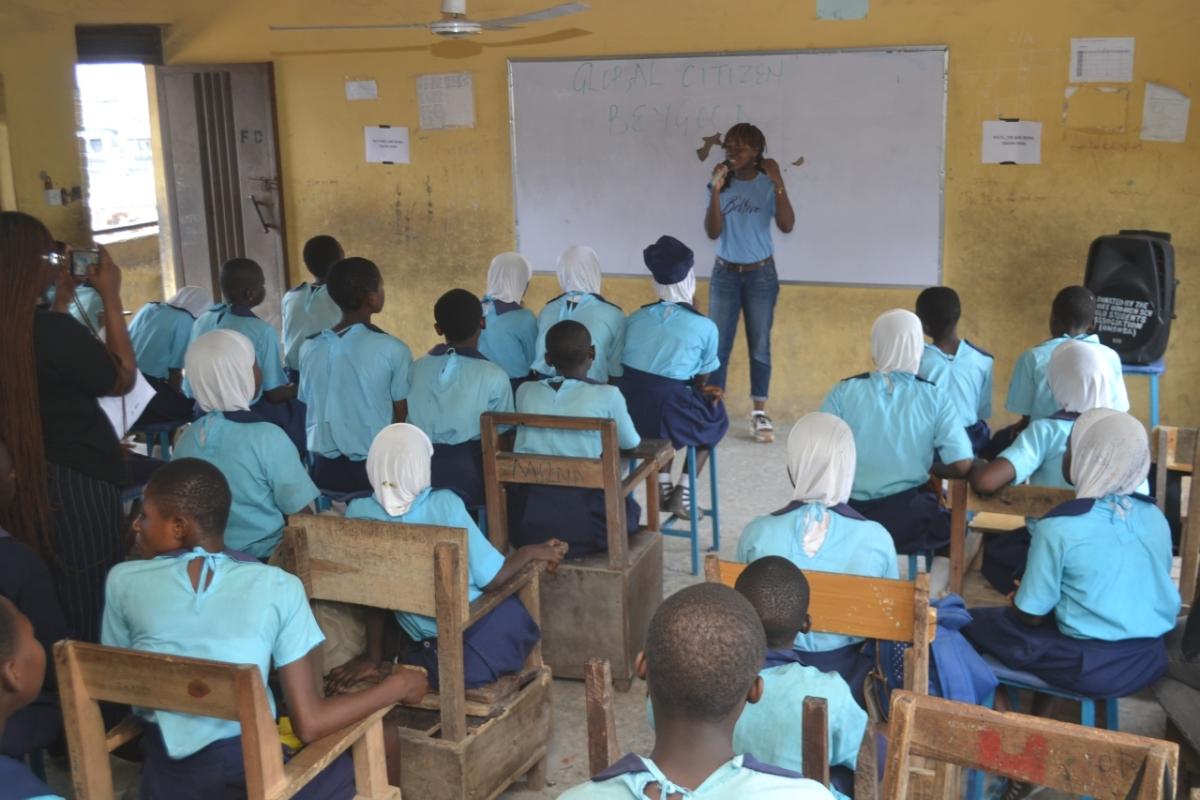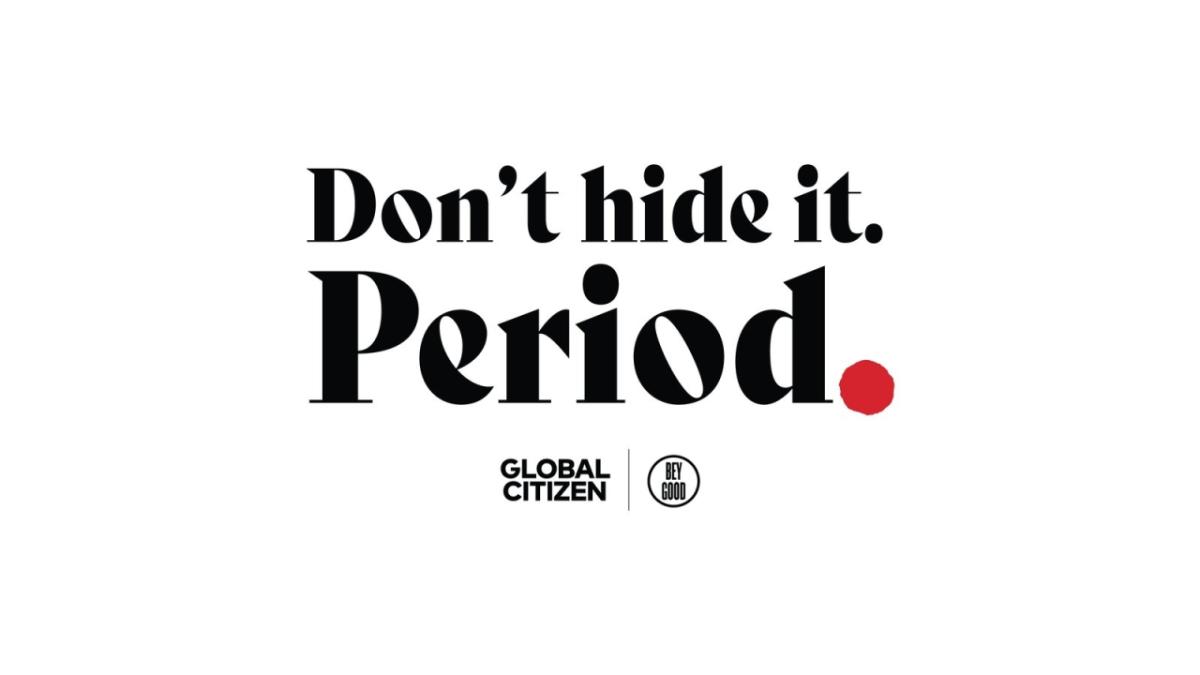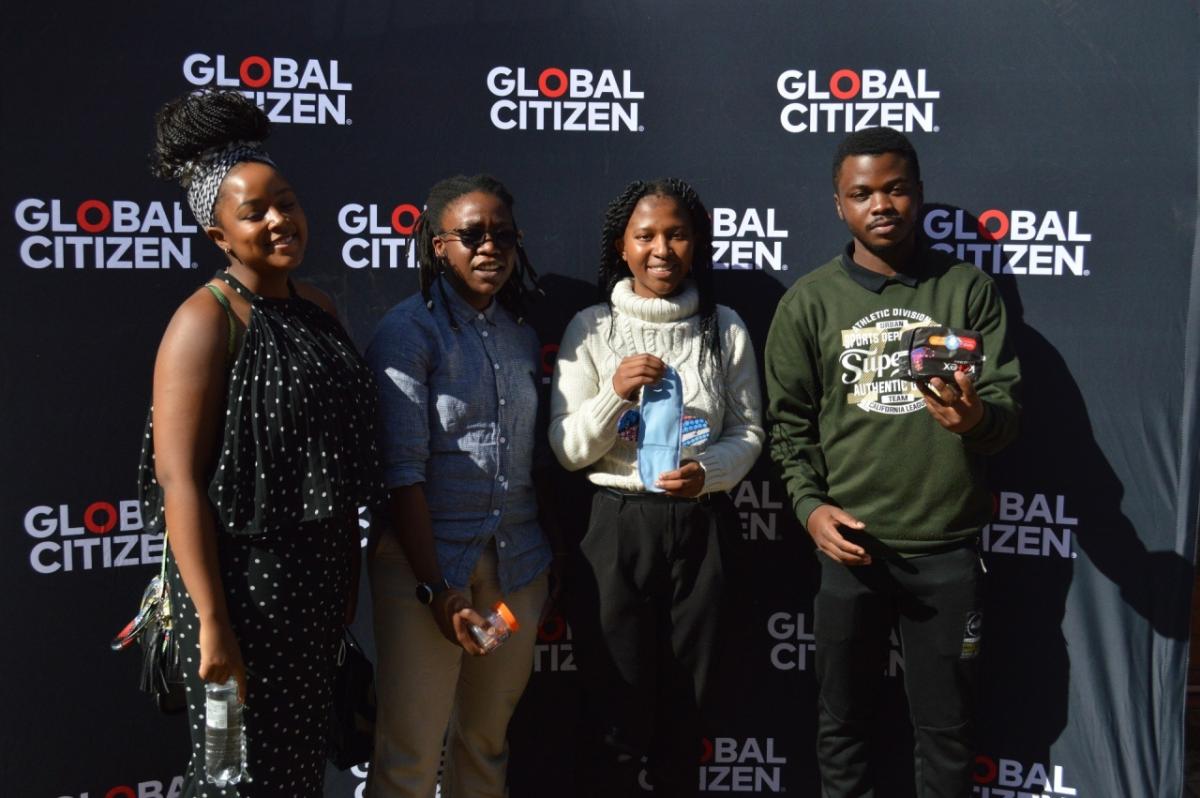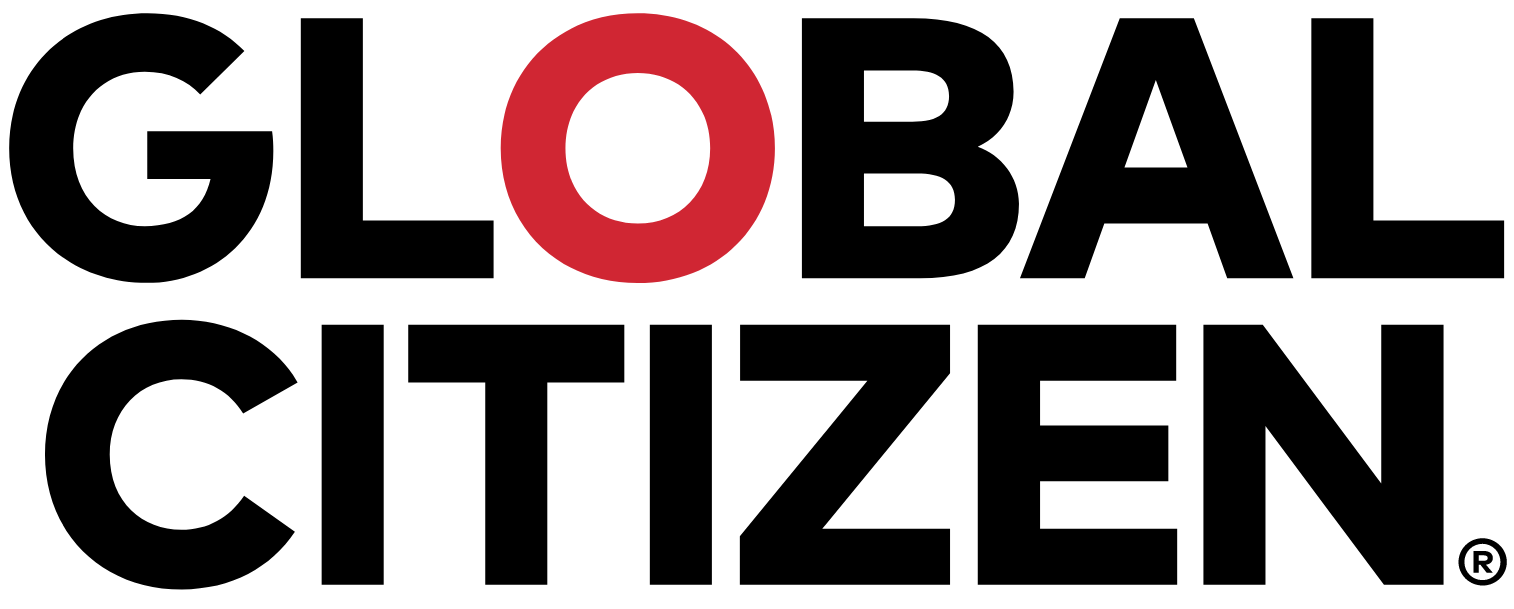We Just Ran Period Workshops in Schools in South Africa & Nigeria. Here's What Happened.
Global Citizen x BeyGOOD Fellows are bringing period-positive messages to young people. Here's how.
By Tshiamo Mobe, Tife Sanusi, and Gideon Fakomogbon
In December 2018, Global Citizen Festival: Mandela 100 came to Johannesburg. It gave us thrills, great music, and most notably, major commitments in the fight toward ending extreme poverty. Among these, American actor, director, producer, and screenwriter, Tyler Perry committed to donating $1 million to support 50 young changemakers across the African continent.
It was the birth of the Global Citizen Fellowship Program, powered by BeyGOOD, which provides young people with opportunities to gain experience working on social impact projects through a paid year-long fellowship.
So far, since its launch in 2019, the fellowship program has empowered 35 Africans — including the three of us — between the ages of 21-25 with the skills and tools we need to thrive — not only during our time with Global Citizen, but in any and all future endeavours. The recipients of this fellowship opportunity, powered by BeyGOOD, also do not shy away from giving back to the communities that raised us.
In May this year, the young people that make up the fellowship's third cohort, hailing from Nigeria and South Africa, embarked on a project — which we named “We Can. Period.” — to raise awareness on the issue of period poverty, so common here in Africa.
As part of the “We Can. Period.” project, we brought workshops to schools in Lagos and Johannesburg in the week of Menstrual Hygiene Day on May 28. In alignment with Global Citizen’s 2022 campaign to Empower Girls NOW, the key objective for our project was to support girls to better manage their periods, provide free sanitary products, particularly more eco-friendly period products such as reusable cloth pads and menstrual cups, and advocate for better menstrual health education and policies.
Partnerships and Donations
To support the project, we partnered with UNFPA, the United Nations Population Fund, in Nigeria, and the Menstrual Project and Palesa Pads in South Africa to help leverage collective efforts to drive real and sustainable change in the Lagos and Johannesburg communities. The UNFPA Nigeria team provided 100 reusable sanitary pads and 60 yards of fabric for the girls who participated at the school workshop.
Meanwhile, the Menstrual Project donated over 200 sanitary products, and gave the schoolchildren a 45-minute workshop based on a comprehensive curriculum that consisted of period poverty, menstrual health and management, and more. The fellows in South Africa collected 100 sanitary pads to donate to the schools on the day of the workshop, and the remaining pads will be provided to the school in the coming months. Palesa Pads also gave a great interactive demonstration on using reusable cloth pads that the children absolutely loved.
Quiz Action
As a Global Citizen, you know the importance we place on taking action. So, as part of our project, we also launched a pan-African quiz that you can join us in taking, A Period Should Not Be a Full Stop in a Girl’s Life, Find Out Why. The digital quiz action helps Global Citizens learn more about the severity of period poverty as a public health, human rights, and socio-economic issue globally.
The Workshops — South Africa and Nigeria
Our first workshop took place on May 25 at Aiyetoro Grammar School in Lagos, Nigeria, where the fellows were joined by Global Citizen Champions of Change, Kiki Mordi and Seyi Oluyole. Talking to the students, both Mordi and Oluyole emphasised the importance of good menstrual health management and also the role that boys can play in supporting girls during their period.
“Boys, remember that you’re supposed to be a support system for your classmates,” Mordi said during her session. “If you see any girl struggling, ask for ways you can help.”
Oluyole’s session focused on her personal journey and experience with menstrual health. During her session, called Period Poverty: My Personal Journey, she talked about growing up in a rural community in Lagos with limited access to sanitary products.
“I was once like you,” she said. “If I can make it to where I am today, you can too.”
Students were also taught how to use reusable sanitary pads, calculate their menstrual cycle, and advocate for better hygiene facilities in a series of sessions coordinated by the BeyGOOD fellows. At the end of the workshop, sanitary products were handed out to the students, including the reusable sanitary pads donated by UNFPA, and a pad bank was set up at the school.
A couple of days later in South Africa, our second workshop took place, at Yeoville Community School in Johannesburg on May 27. As well as the schoolchildren and BeyGOOD fellows in South Africa, Global Citizen Champions of Change Penny Lebyane, Amonge Sinxoto, and Patricia Kihoro also joined the workshop in person; while Champions of Change Takkies Dinwiddy and the “Minister of Menstruation'' Candice Chiwa supported the #WeCanPeriod campaign digitally on their social media platforms.
During the workshop, the Menstrual Project asked the grade 4 and 5 girls (aged 10-12 years old) what they have heard about periods. “Bad, embarrassing, disgusting”, were just some of the responses from these girls. One student said: “I talked to my dad about my periods, and he told me this is something I have to talk to my mom about.”
The girls were then told that the negative things they’d heard about periods were all part of the wider issue of stigma and taboo connected to menstruation, which often leads to a sense of shame or embarrassment — particularly for younger girls and women — when talking about their periods. It can also lead to the idea that periods are somehow not normal or are dirty, when they’re just a natural part of life.
This provided a great segue for Simphiwe Mahlangu from Palesa Pads, who explained more about using reusable cloth pads and how to have a healthier relationship with your periods and your body. Our Champions of Changes, Lebyane and Kihoro, then spoke of their own personal experiences with menstruation and why they advocate to combat period poverty.
“When I was advocating for period poverty in Kenya [as a part of the movement #TrekforMandela], they were surprised to learn that it is also such a problem in South Africa,” said Lebyane. “And I was like, ‘Yes!’, so that is why I was climbing Kilimanjaro. To create awareness.”




